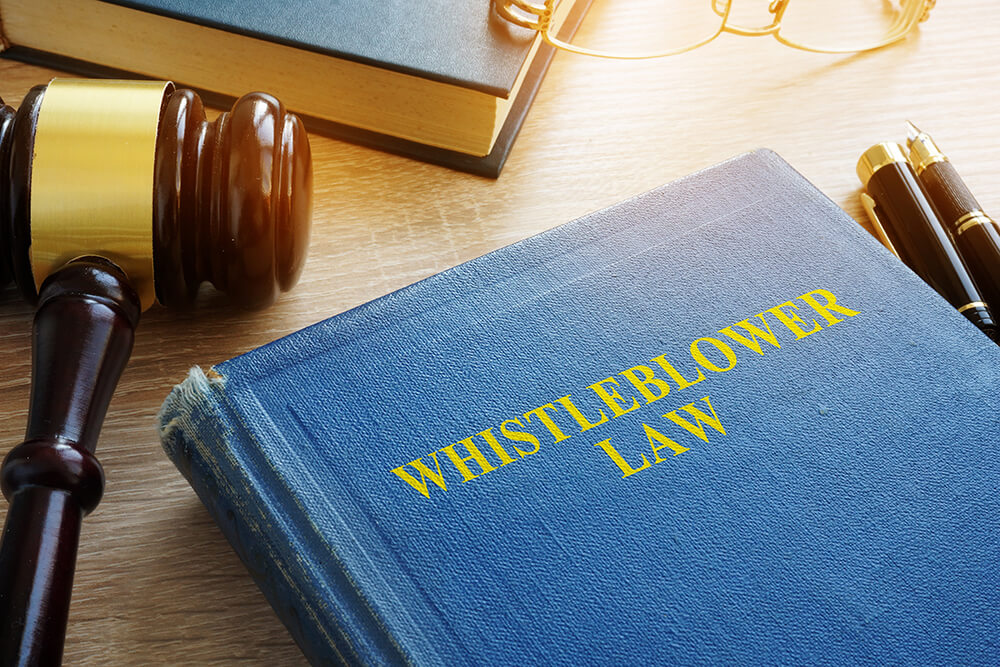
June 20, 2014
The False Claims Act enables whistleblowers with evidence that a company has defrauded the government to bring a lawsuit on the government’s behalf to recover the ill-gotten money. However, not every kind of wrongdoing by a company amounts to a viable qui tam lawsuit. The dismissal of a recent health care fraud case serves as an example of that principle.
A whistleblower suit was filed against Huron Consulting Group alleging a $50 million healthcare fraud. The plaintiffs complained that Huron had overbilled Medicaid and Medicare patients’ “outlier payments”. To understand the suit, we’ll first need to discuss outlier payments and how they differ from normal patient charges. We’ll also discuss the False Claims Act, how it combats government fraud, and why the U.S. Court of Appeals affirmed the trial court’s dismissal of the complaint against Huron even though the court found that Huron had engaged in improper billing practices.
Huron Accused of Charging Inflated Outlier Payments
In cases in which Medicare or Medicaid patients need care that is extraordinarily expensive, outlier payments are a provisional measure that allows the hospital to recoup extra compensation for the costs of the procedures and care. The whistleblower, a former Huron auditor, accused Huron and Empire Healthcare Assurance Inc. of misconduct and fraud by using the wrong formula to inaccurately and improperly inflate outlier payments for Medicare and Medicaid patients.
According to the complaint, the costs of treatments had not risen, but the formula used for outlier payments had allowed the hospital to improperly increase its profit margins by billing these patients at “outlier” rates.
How the False Claims Act Relates
The FCA’s primary purpose is to protect the federal government from fraudulent acts, such as falsified records. It allows private individuals to file whistleblower suits on behalf of the government against companies believed to be in violation, as was done in the Huron case. In these “qui tam” cases, the whistleblower stands to gain some portion of the proceeds if the suit is successful.
In the Huron case, though, the court found no regulation, rule, or law that prevented Huron from billing in the manner that they did. Though the court observed that Huron engaged in “bad practice”, that did not amount to a violation of the False Claims Act.
If you have questions about the FCA, fraudulent health care billing practices, or any similar concerns, call the experienced attorneys at Seeger Weiss LLP for a consultation.





